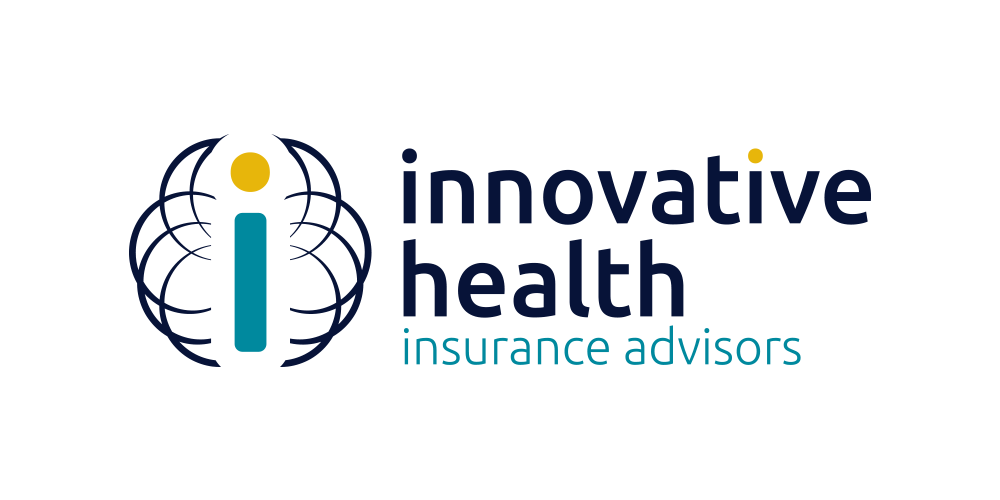2024 Qualified ALE Compliance Deadlines
As we approach the new year, it’s crucial for employers to stay abreast of the compliance requirements surrounding employer-sponsored group health plans. Ensuring compliance not only maintains the integrity of the health plan but also avoids potential penalties and ensures employees receive the benefits they deserve.
Understanding Compliance Deadlines
The compliance landscape for employer-sponsored health plans involves various reporting and disclosure requirements, some of which are tied to the plan year. For those operating on a calendar-year basis (January 1 through December 31), the deadlines are straightforward. However, for plans operating on a non-calendar-year basis, adjustments are necessary to align with the specific plan year.
Let’s delve into the key compliance deadlines for 2024 and the corresponding requirements:
January:
Reporting Health Plan Costs on Form W-2: Employers filing 250 or more IRS Forms W-2 for the previous calendar year must include health coverage cost information by January 31, 2024. This reporting, while optional for employers with fewer than 250 Forms W-2, helps provide transparency regarding health plan costs.
February:
Filing Affordable Care Act (ACA) Forms 1094-C and 1095-C: Applicable Large Employers (ALEs) must submit information about their health plan coverage to the IRS by February 28, 2024, through paper filing. Electronic filing is available until April 1, 2024.
Filing ACA Forms 1094-B and 1095-B: Employers not classified as ALEs but with self-insured health plans must also report coverage information to the IRS by February 28, 2024, via paper filing, with electronic filing available until April 1, 2024.
Submitting Medicare Part D Disclosure to CMS: For calendar-year plans, this disclosure must be submitted to the Centers for Medicare & Medicaid Services (CMS) by February 29, 2024. It informs whether prescription drug coverage is creditable or non-creditable.
March:
Furnishing ACA Forms 1095-C and 1095-B to Employees: ALEs must provide employees with information about their health plan coverage using IRS Forms 1095-C, while non-ALEs with self-insured plans use Forms 1095-B. The deadline for furnishing these forms is March 1, 2024, due to the leap year.
April:
Electronic Filing of ACA Forms 1094-C and 1095-C: ALEs must electronically file these forms by April 1, 2024, to ensure compliance with ACA reporting requirements.
June:
Submitting Prescription Drug Data Collection Report: Employers must submit this report by June 1, 2024, covering data for the previous year, as mandated by transparency laws.
July:
Reporting and Paying PCORI Fee: Employers with self-insured health plans must pay PCORI fees using IRS Form 720 by July 31, 2024, to fund research on patient-centered outcomes.
Filing Form 5500: For ERISA-covered group health plans, the Form 5500 must be filed by July 31, 2024, unless an exemption applies.
September:
Watching for MLR Rebates: Employers with insured health plans should expect any MLR rebates from issuers by September 30, 2024, if applicable.
Providing SAR: Employers must furnish Summary Annual Reports to participants by September 30, 2024, or within two months after filing Form 5500, whichever is later.
October:
Providing Medicare Part D Creditable/Non-Creditable Coverage Notices: Employers must inform Medicare Part D-eligible individuals about the status of their prescription drug coverage by October 14, 2024.
Filing Form 5500 if Filing an Extension: ERISA-covered group health plans that have requested an extension must file Form 5500 by October 15, 2024.
December:
Providing SAR (Extended Deadline): Employers filing Form 5500 with an extension must provide Summary Annual Reports by December 15, 2024.
Submitting Gag Clause Attestation: Health plans and insurance issuers must submit attestations of compliance with gag clause prohibition by December 31, 2024.
Annual Notices:
Apart from these deadlines, employers must ensure timely provision of annual notices such as Summary of Benefits and Coverage (SBC), Women’s Health and Cancer Rights Act (WHCRA) notices, CHIP notices, Summary Plan Descriptions (SPDs), and more, depending on the specifics of their health plans.
Navigating compliance requirements for employer-sponsored group health plans demands meticulous attention to detail and adherence to deadlines. By staying informed and proactive, employers can ensure the smooth operation of their health plans while fulfilling their obligations to employees.
Still Have Questions?
We serve employers who want to offer their employees affordable benefits. We simplify the complexity of providing those benefits and ensure compliance with the Affordable Care Act. We provide affordable benefits for the everyday person. We are different because of our personal service, speed of implementation, and innovative approach to providing benefits coverage.
Learn more about us and our services, here.



